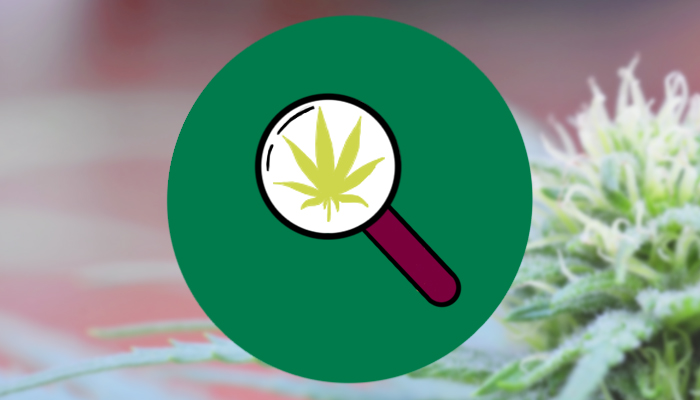How much cannabis can a person use before experiencing detrimental effects?

Why was this study conducted? What does this study add? Is there anything else I should know? Curran HV, Freeman TP, Mokrysz C, Lewis DA, Morgan CJ, Parsons LH. Keep off the grass? Cannabis, cognition and addiction. Nat Rev Neurosci 2016; 17(5):293- 306
Curran HV, Freeman TP, Mokrysz C, Lewis DA, Morgan CJ, Parsons LH. Keep off the grass? Cannabis, cognition and addiction. Nat Rev Neurosci 2016; 17(5):293- 306 Abstract
Why was this study conducted?
Any drug – whether synthetic or natural – will have both intended and unintended effects. Currently, about 182 million people worldwide use cannabis, mostly as a recreational drug. Given this number of people and the movement towards cannabis legalization, it’s important to know if it has detrimental effects on cognition, learning and memory and the risk of depression, psychosis and addiction. To do so, the authors pulled together a broad range of research evidence about cannabis and its effects.
What does this study add?
The authors argue that although problems associated with cannabis use are mainly observed in heavy, frequent users, because we don’t know what level of use is safe it’s important to know more about potential risks. In some cases, the research can’t tell us whether cannabis increases the risk of cognitive or psychiatric effects (e.g., memory problems, psychosis or depression) or is simply a contributing factor. The science is stronger in showing that prolonged use during adolescence disrupts normal neurodevelopment. The authors point out that while the risk of addiction is considerably lower than several other drugs (8.9%, compared to 20.9% for cocaine, 22.7% for alcohol or 67.5% for tobacco), it varies between individuals and there is no proven pharmaceutical treatment.
Is there anything else I should know?
This review included a wide range of studies, including cellular, animal, neuroimaging, and observational studies of the immediate and long-term effects of recreational cannabis use. Some of the research may be out of date because of changes over time in cannabis cultivation and use. The authors did not specifically address the issue of medical cannabis. Because of some of the concerns raised in this article and gaps in the available research, the Canadian College of Physicians and Surgeons advises doctors to not prescribe medical cannabis to patients under the age of 25 or those who have a personal or strong family history of psychosis or current or past cannabis or other substance use disorder, have cardiovascular or respiratory disease, or are pregnant.
Archive